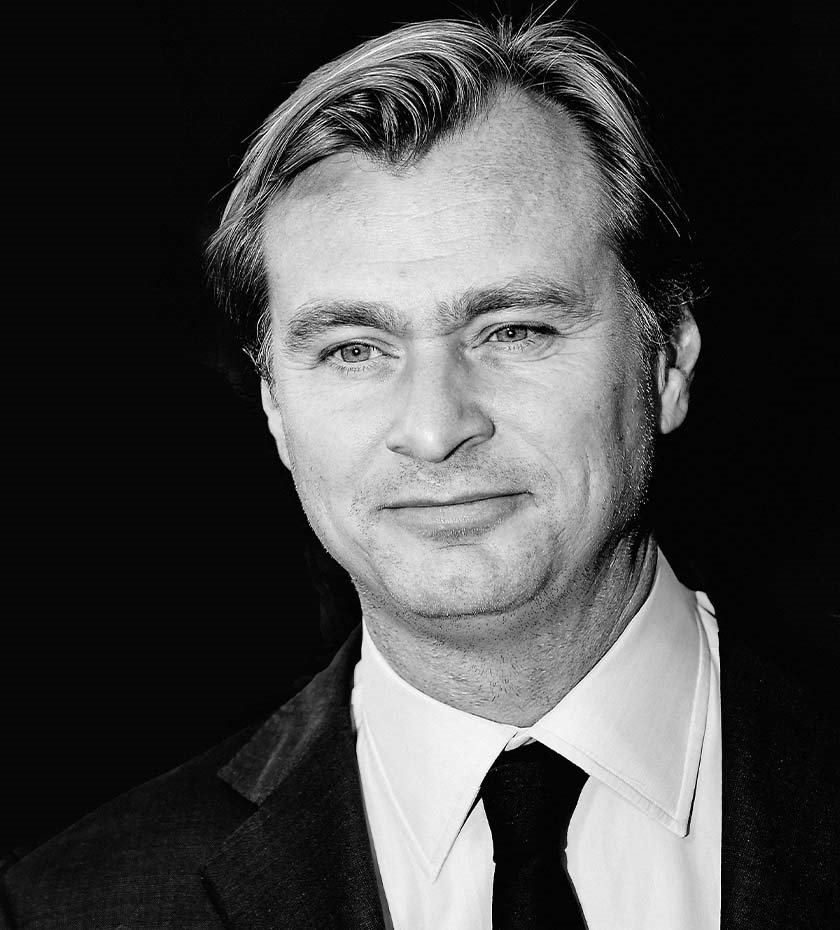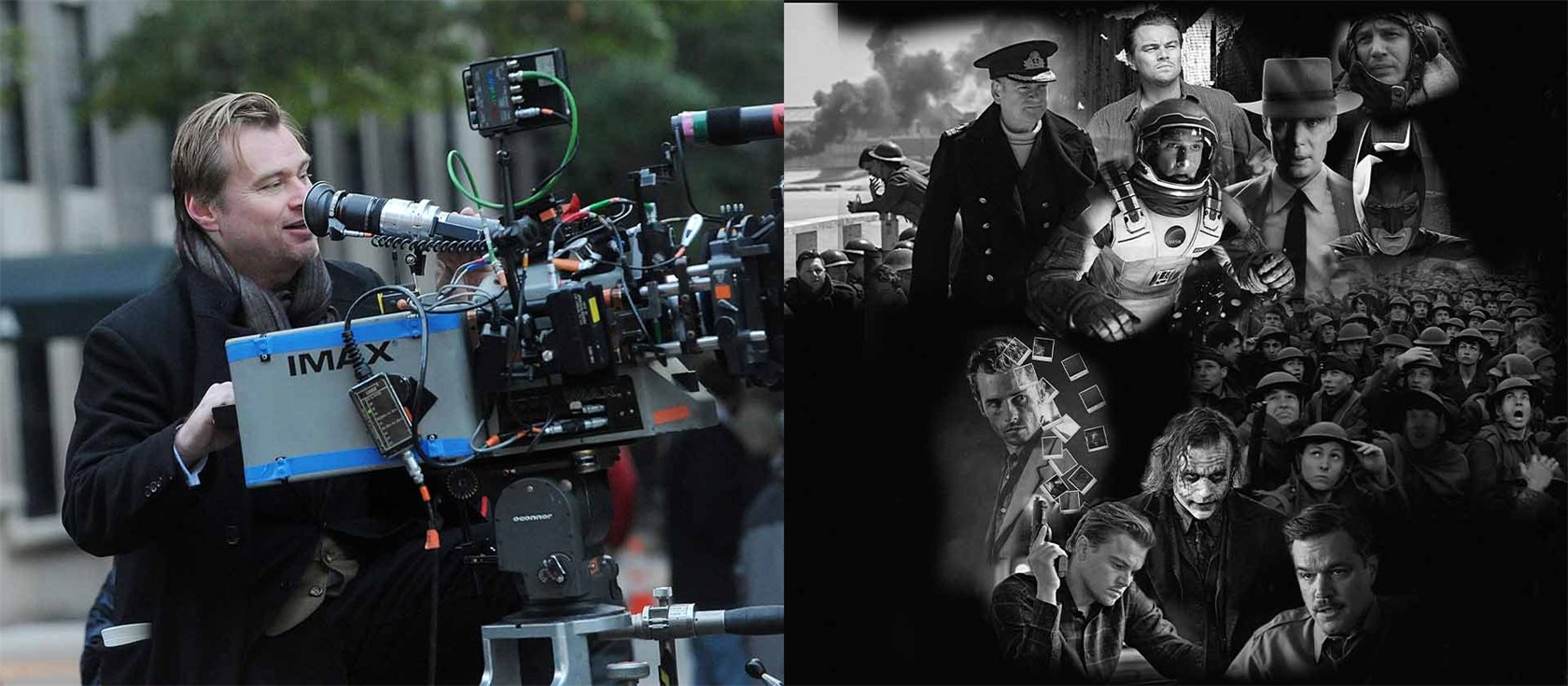Christopher Nolan - Epic filmmaker

Christopher Nolan is something of a shining star in the cinematic world. With blockbusters like Memento (2000), Interstellar (2014) and most recently Oppenheimer (2023), the British-born director has made a name for himself as an epic filmmaker who can get the big studios on board.
His latest movie - the story of the father of the atomic bomb, J. Robert Oppenheimer - is an excellent example of his success. For the past 20 years, he has worked almost exclusively for Warner Bros. But the studio's decision to release new films simultaneously in theaters and on streaming service HBO Max prompted him to negotiate a new contract with Universal. And it wasn't just any contract: He required a minimum budget of 100 million dollars. On top of that, a similar amount for marketing. His own salary is set at 20% of the film's earnings from the day it hits theaters worldwide. In addition, he demanded that the film be shown in theaters for a minimum of 100 days before it becomes available on the various streaming services. And finally, Universal was required not to release any other new films three weeks before and three weeks after Oppenheimer's premiere.
It is a confident man who not only formulates such tough terms, but also manages to get a signature on the contract.

So, it must please both Christopher Nolan himself and Universal Studios enormously that the new biographical film about the development of the atomic bomb in some reviews has been called "the most important movie of this century".
Not to mention the fact that moviegoers around the world flocked to the box office and spent millions of dollars in the first week of the movie's release. It was also a movie where he could attract some of the biggest names of the time: Cillian Murphy in the title role, Kenneth Branagh as Niels Bohr, Matt Damon, Robert Downey Jr. and Gary Oldman to name a few from the impressive cast.
Past and future
In his 12 films, Christopher Nolan has moved effortlessly between genres. Historical dramas like Dunkirk (2017) and now Oppenheimer are accurate depictions of the evacuation of the British army in 1940 and mankind's entry into the nuclear age.
Fiction is given free rein in the Batman trilogy with Christian Bale as Bruce Wayne/Batman, while Matthew McConaughey was sent on an intergalactic journey in Interstellar (2014). And in Tenet (2020), Denzel Washington's son, David, was transformed into a modern-day James Bond - but without the scantily clad ladies, booze or other glamourous effects. In Tenet, it's a play with time or 'inversion' that preoccupies Nolan. Time goes backwards. A journey back in time. Minute by minute. Hour by hour. Like Oppenheimer, the film is an intellectual challenge in which Christopher Nolan explores a more existential morality and ethics. In this summer's biopic about the father of the atomic bomb, it is also the big questions that preoccupy the scientific mind of J. Robert Oppenheimer. The doubts and uncertainties about the moral acceptability of constructing a bomb capable of killing thousands of people in a split second.

Nolan's cinematography
But Nolan manages to make it watchable. And exciting. He has a lot of different tools in his toolbox to tell the story he wants to tell in a way that makes us cling to the screen.
As in Memento (2000), where the protagonist - who has lost his short-term memory - must resort to tattoos and Polaroid photos of the people who can help him find the murderer who killed his wife. The story is told backwards. And as it develops, you get to know Leonard Shelby (played by Guy Pearce).
In Insomnia (2002), two detectives (Al Pacino and Martin Donovan) are sent to Alaska to solve a murder. The midnight sun and lack of sleep send them into a dangerous game with the killer played by Robin Williams. A suspense film where Nolan elegantly utilizes the light and environment to portray Al Pacino's state of mind in an atmosphere of uncertainty and instability.
In the war film Dunkirk (2017), the story of the heroic evacuation of the British army from the beaches of northern France is told through an increasingly intense cross-cutting between three perspectives: the images of hell on the beach, the air war and in the water. This helps to create an almost Hitchcockian level of tension.
As film critic, Christian Monggaard, wrote in the Danish daily newspaper Information, this is one of Nolan's main strengths: "He dares to go all out dramaturgically, visually and story-wise in an attempt to give the audience something they haven't seen before." He continued: "He bridges the gap between mainstream and art films. He is an ambitious and uncompromising filmmaker who, like Stanley Kubrick, wants to both innovate and challenge audiences, telling eternal stories about how difficult and confusing it is to be human."